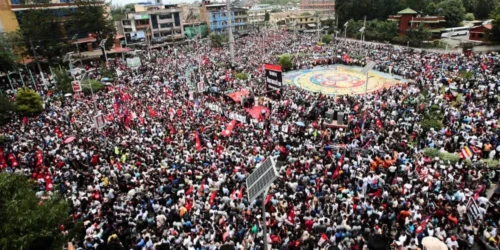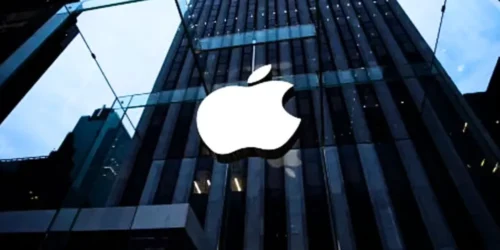The transition to a cashless society is often framed as a seamless and inevitable march of progress. Tapping a card or a phone is faster, cleaner, and more convenient than fumbling with bills and coins. For the majority of us, this is true. But in our rush to embrace digital payments, we are failing to consider who gets left behind.
The relentless push to eliminate cash is creating a new form of social exclusion, marginalizing the elderly, the unbanked, people experiencing homelessness, and others who rely on physical currency to navigate their daily lives. This is not just an inconvenience; it is a threat to their ability to participate in society.
Many older citizens are not comfortable with digital technology and are at a higher risk of online scams. Low-income individuals and undocumented immigrants may not have the stable address or identification required to open a bank account.
For people experiencing homelessness, cash is a lifeline, the only way to receive a donation or buy a hot meal. When a store or a service goes completely cashless, it effectively hangs a “You’re Not Welcome Here” sign on the door for these vulnerable populations.
Furthermore, a fully digital system creates a complete record of every single transaction, raising significant privacy concerns and giving immense power to banks and tech companies. A world without cash is a world with less privacy, less autonomy for its most vulnerable citizens, and a greater risk of systemic failure if the digital infrastructure goes down.
We must push back against the narrative of inevitability and insist on preserving cash as a viable, protected, and universally accepted payment option. It is a matter of basic equity and resilience.













